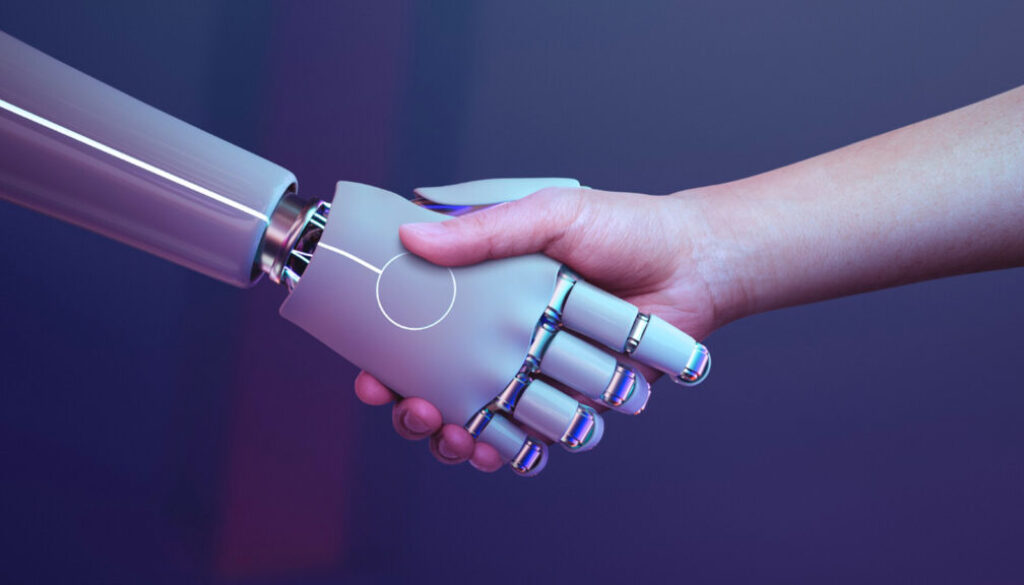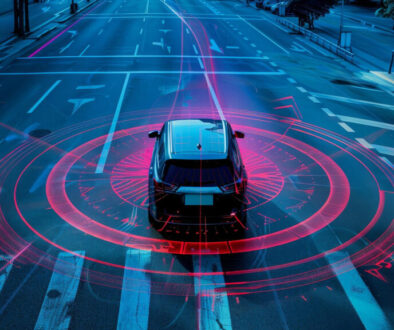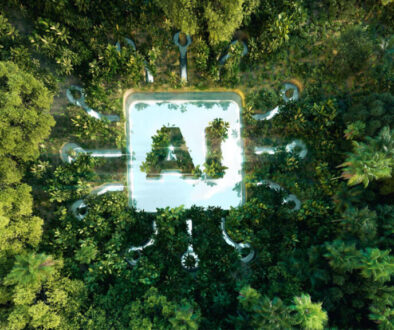Table of Contents
Future of Work: The Impact of AI on Employment
Introduction
The integration of artificial intelligence into the rapidly growing technological landscape has significantly influenced the nature and scale of the impact. The industries are transforming through automation, machine learning, and robotics, which has profoundly changed working conditions for millions of employees around the globe.
The Impact of Artificial Intelligence on Employment: A Paradigm Shift
The development of automation has shifted paradigms in the field of employment in every way. Unsurprisingly, routine work in manufacturing, logistics, and retail is increasingly performed by intelligent machines to automate lengthy manual tasks. Despite cases of job loss, it has also completely changed the face of many positions with the help of machinery.
Empowering human potential: ‘Augmented intelligence’
Contrary to popular belief, automation results in job creation rather than loss. The dynamics of human and machine interaction are shifting; automation allows humans to focus on creative, critical, or sensitive tasks. People work to help Artificial Intelligence develop innovation and improve productivity.
Reskilling and upskilling: Marking the digital age
To compete successfully, tomorrow’s employees must adapt to changing skill requirements. Strong computer literacy, problem-solving, and adaptability will be required in the labor market. Companies and schools must play a leading role in order to keep their workforce competitive.
Socioeconomic implications: Inclusivity and equality
Although automation brings efficiency and convenience, it can also exacerbate economic disparities and have a negative effect on employment equality. Those in even more developed nations might find it harder to gain retraining opportunities or shift professions. Policymakers and other actively involved parties should adopt an all-inclusive strategy to ensure everyone has fair access to Artificial Intelligence.
Embracing a human-centered approach: Ethical considerations
As Artificial Intelligence continues to spread into even more aspects of our existence, we must address a few key moral issues. Future automation should be based on the principles of justice, banality, and accountability. Firms should prioritize equity by taking into consideration appropriate AI techniques while avoiding any unethical or unfair practices, including claims about privacy, and the evolving world of work should be structured to ensure that AI remains supplementary to human efforts rather than replacing humans.
In conclusion, the future of work in the era of Artificial Intelligence presents a landscape filled with both significant opportunities and challenges. While the rise of automation and AI technologies transforms industries and job roles, it also necessitates a shift towards a more inclusive, adaptable, and ethically grounded approach to work.
By fostering a collaborative synergy between human creativity and machine efficiency, and by emphasizing the importance of reskilling and ethical standards, we can ensure a future where technology enhances human potential and promotes equity across the global workforce. This vision for the future calls for a concerted effort from all stakeholders to embrace change, champion inclusivity, and uphold ethical practices, ensuring that the advancements in Artificial Intelligence contribute positively to the lives of people everywhere.
Visit our homepage for more updates: Global Insightify
Follow us on Instagram: globalinsightify



